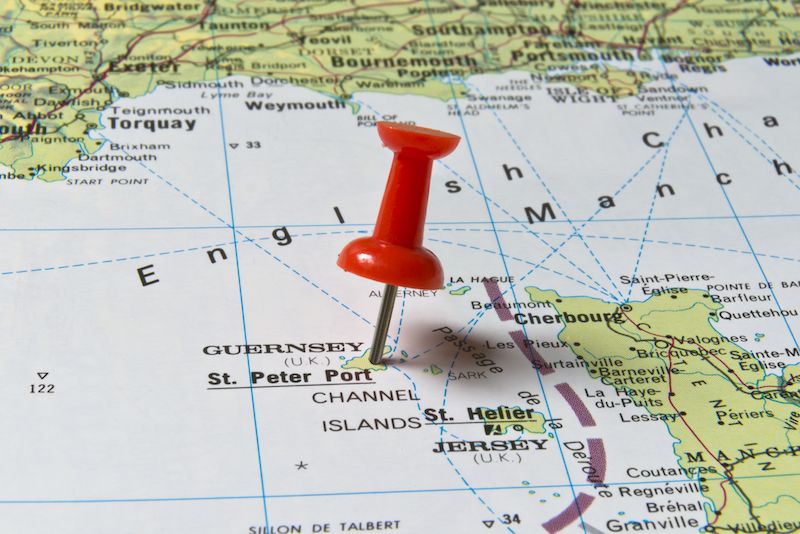

The economic substance laws that came into force in Guernsey and Jersey at the start of the year further demonstrate the islands’ compliance to international regulatory issues, according to Amit Taylor, the head of corporate services at Intertrust in Guernsey.
“Economic substance has been spoken about for a long time and we’re now at the stage where we have legislative changes that need to be complied with,” said Mr Taylor. “The new laws do place requirements on some firms resident in the Channel Islands. At Intertrust we believe that the changes are positive and further enhance the islands’ standings on the world stage.”
Under the new laws, tax-resident companies will need to satisfy an economic substance test of three parts. Companies must be directed and managed in Guernsey or Jersey, conduct Core Income Generating Activity (CIGA) here and meet requirements with regard to the levels of personnel, physical presence and operating expenditure in the islands. Failure to comply could result in significant fines and, potentially, strike-off.
“There are serious implications to non-compliance with this new legislation," said Mr Taylor. "So companies in Guernsey and Jersey need to think about how they’re going to be affected by it.”
The new laws are a result of the EU’s Code of Conduct Group investigating tax policies of non-EU countries. While Guernsey and Jersey were found to be compliant in the areas of tax transparency, fair taxation and anti-BEPS measures, it was found that economic substance requirements should be introduced. This is to ensure that the profits of certain companies tax-resident in Guernsey or Jersey are proportionate with their activities in the islands.
“The newly enacted substance laws are further proof that the islands will work proactively to demonstrate their compliance with international standards and uphold their reputation as international centres of excellence,” said Mr Taylor.
“While we still await the issue of the formal guidelines, we have taken proactive steps to prepare for the new legislation. With more than 500 experts at Intertrust in the Channel Islands we’re in a position to speak to clients and have the scale, expertise and resources to help them navigate these changes.”
Comments
Comments on this story express the views of the commentator only, not Bailiwick Publishing. We are unable to guarantee the accuracy of any of those comments.